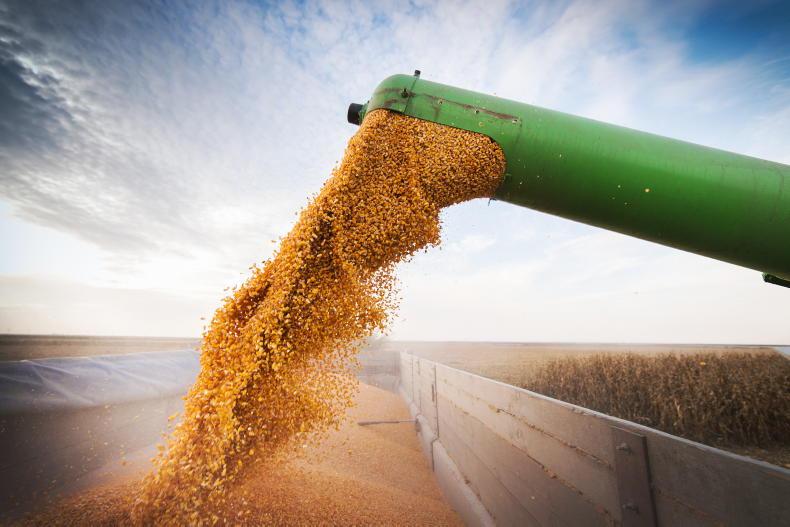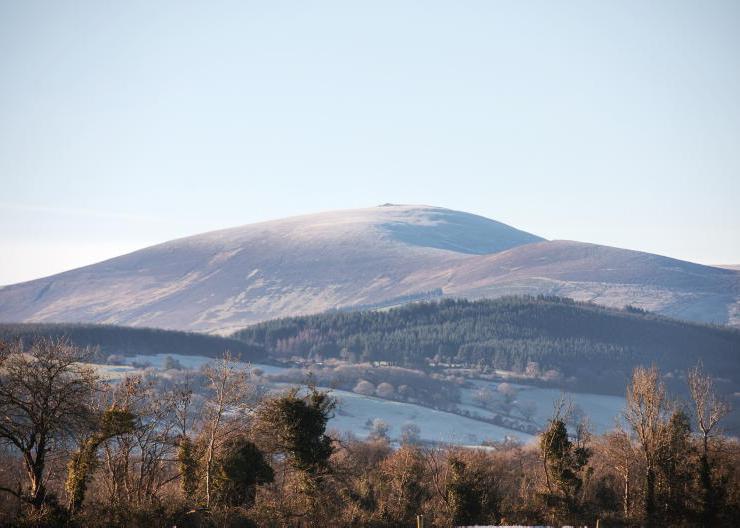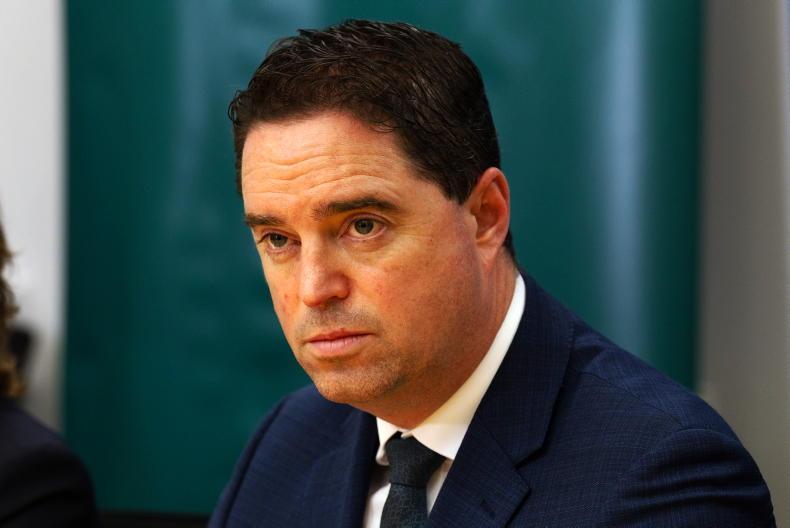According to the UN’s “day of eight billion” website, global population will pass that level at 9am on Tuesday 15 November.
While the time is, at best, an estimate, the speed of population growth is fairly astounding. It has taken the world only 12 years to grow from seven billion to eight billion people.
The UN suggests that it is not just more babies, but also a gradual increase in human lifespan due to improvements in public health, nutrition, personal hygiene and medicine.
Population hitting eight billion is pretty astonishing when you consider it was around 2.5bn in the 1950s.
The UN expects population growth to continue, but at a slower pace over the coming decades, passing 10bn in the mid 2050s. That would mean a quadrupling of the number of humans on the planet in a century.
That is, not to put too fine a point on it, a lot of mouths to feed. It means that pressure on agriculture for output increases is not going to stop any time soon.
Unfortunately, that also comes as agriculture is feeling the squeeze from increased environmental pressures too.
Squaring the circle between eight billion hungry mouths and climate change regulations is going to be the major global policy challenge for next few decades.









SHARING OPTIONS